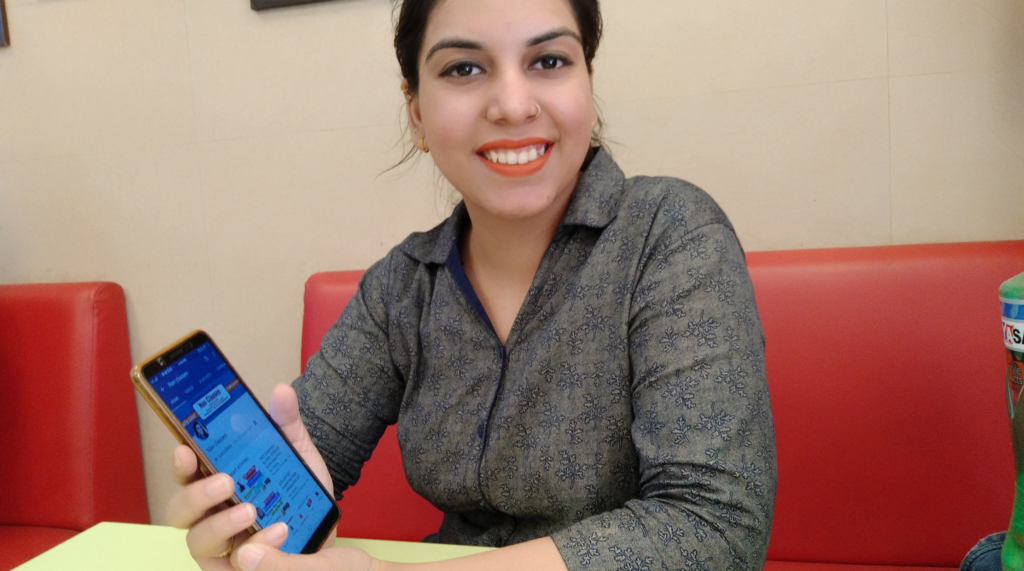Methods of Teaching According to Different Schools of Philosophy
a. Methods by Idealism
– They speak of the general nature of teaching methods only
– They don’t specify any method to be adopted while learning (used during the Upanishadic period too in India)
– aka informal dialectic method
– Idealist value use of well prepared & presented lectures
– Plato – Conversational method
– Aristotle – Inductive and Deductive methods
– Hegel – Logical method
– Pestalozzi – Self activity method
– Froebel’s metaphor of ‘Kindergarten’
b. Methods by Naturalism
– Rousseau believed education lasts throughout life & is gained everyday through various life experiences
– He believes learning should be based on actual experience & a practical problem must be studied in its natural setting
– Learning can also take place in the spirit & methods of play
– The methods recommended by Rousseau maybe identified with the heuristic method & experimental method advocated by John Dewey
c. Pragmatic Methods
– Focus on child and society and the activities therein
– Learning occurs as a result of an activity
– Children must learn how to discover & method of teaching experimental
– It must develop reflective thinking in children so that they ask ‘Why?’
– The Project method of teaching is where a problematic act has to be carried out in completion in its natural setting
d. Existential Methods
– Ask questions until an acceptable conclusion is reached.
– Focuses on Inductive thinking
– Emphasis on individual education
– Homeschooling preferred over School Education
– Does not believe in indoctrination but enhancing the child’s creativity
B. Methods of Teaching recommended by Secondary
School Commission (1952-1953)
i. Methods of teaching must provide opportunities for children to develop clear thinking & expression
ii. Individual – centered methods & opportunities for practical application of knowledge must be adapted
iii. Activity and Project method must be used in school practice
iv. Experimental & Demonstrative Schools must be encouraged (e.g: NCC)
C. Specific Methods in Teaching
1. Inferential Problem Solving Technique
It involves Inductive and Deductive Reasoning which is the basis for problem solving
Steps in Inductive Reasoning
i. Recognition of the problem
ii. Searching for data
iii. Organization for data
iv. Framing tentative solutions
v. Elimination
vi. Verification
(Note: For Deductive Reasoning one begins from vi. to i.)
2. Team – Teaching / Co-operative teaching
– Its a recent idea in the field of education
– Here two ore more teachers make a plan of the subjects cooperatively, carry it out and evaluate the effects on the students periodically
3. Micro – Teaching
– Term coined by Dwight Allen of Stanford University in 1963
Features of Micro – Teaching
i. Teacher training technique
ii. Focus on developing teachers skills
iii. Reduces class size to 5-10 students
iv. Topics taught are small
v. Individualized training skill
vi. Feedback for trainee’s performance
vii. Effective device to prepare competent teachers
viii. Learners are provided with immediate knowledge of the correctness of response.
Steps in Micro – Teaching
i. Defining the skill
ii. Demonstrating the skill
iii.Planning the lesson
iv. Teaching the lesson
v.Discussion
vi. Re planning
vii. Re– Teaching
viii. Re-discussion
ix. Repeating the cycle till desired level of skill is achieved
4. Question Answer technique in teaching
Purpose of questioning
i. Test knowledge
ii. Locate difficulty
iii.Arouse motivation
iv. Participation of students
v. Apply knowledge

